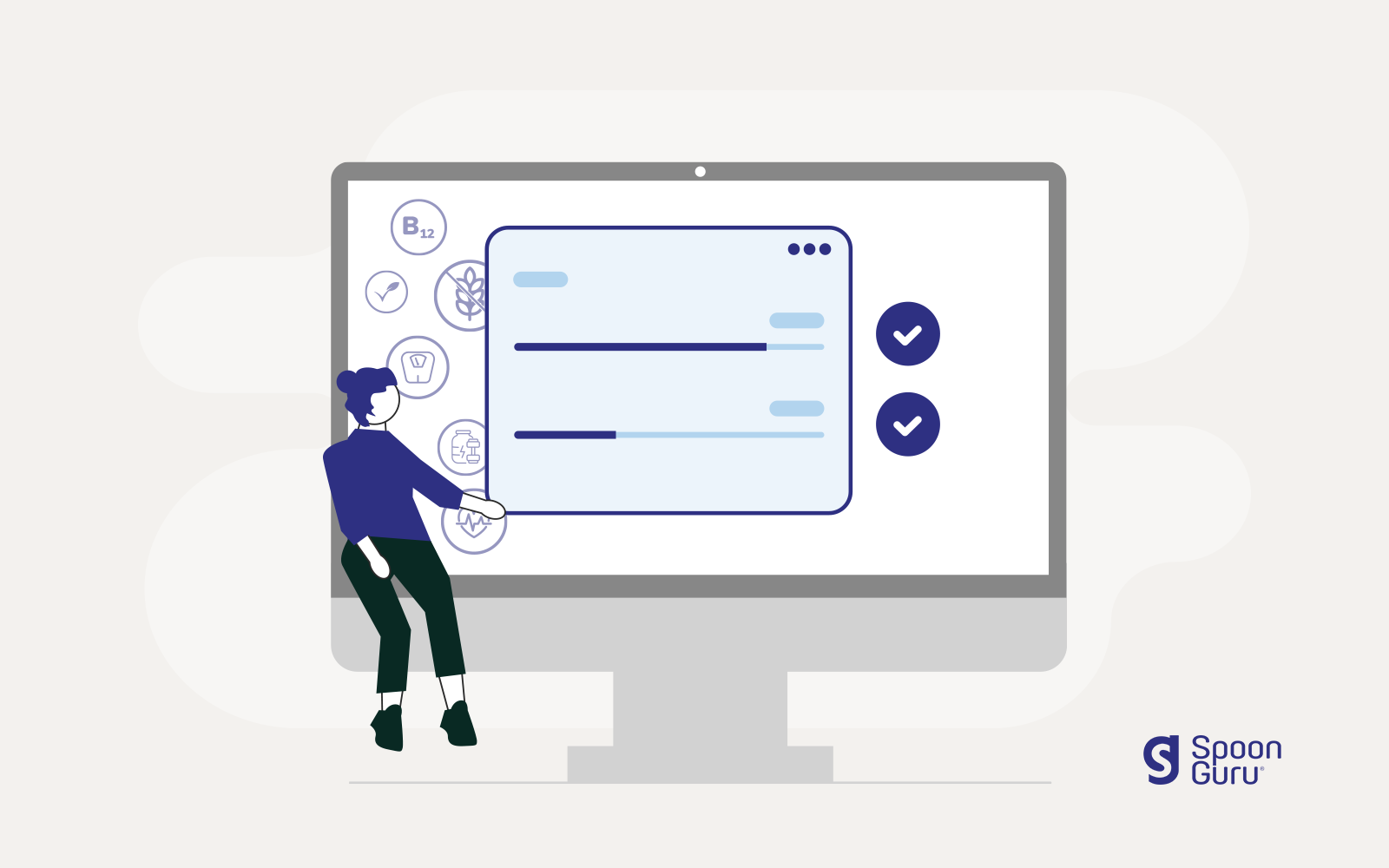In 2021, the WHO put together the Digital Food Environments Factsheet, outlining how digital food environments, including social media and digital food marketing, provide both opportunities and barriers for food choices to influence health and nutrition.
One such barrier is the risk of nutritional misinformation due to the abundance of inaccurate and low quality information found online. There is an urgent need to improve the understanding of food as medicine and to encourage a whole systems approach if we are to effectively work on the prevention and management of diet-related conditions, such as type 2 diabetes and obesity, in ways that also help mitigate health inequalities.
Transformational approaches are urgently required across digital and physical food environments.
Not all those in the system are equipped with the nutritional knowledge and / or food skills required to navigate the complexities of the nutrition and health landscape. Robust tools are required to support those needing to make healthier decisions, be they members of the public or those who influence decisions at a community and industry level.
The online opportunity and real world impact
Social media platforms represent a major opportunity to help shift food behavioural patterns and powerfully address the existing “say-do” gap. Social media can be used as an educational tool when evidence-based dietary advice is well translated into relevant, engaging, accessible information for diverse audiences.
Harnessing this online opportunity can affect real world change. Online content can be used by an array of influencers and decision makers such as community based health professionals (ie health visitors), dietitians, children’s centre caregivers, chefs, and food industry product developers. Equipping these professionals with better nutritional knowledge, or more capacity to share their knowledge, is key to helping bring systemic change into physical food environments.
By building out nutrition and food capabilities for all digital creators and end users, scalable impact across both digital and physical food environments could be realised.
By working together we can provide a robust food discovery solution based on trustworthy nutrition information.
Spoon Guru can provide support at three levels:
1. For social media content content creators:
Our nutritionally intelligent recipe tool can enable content creators to deliver accurate health messaging alongside their content.
2. For stakeholders in food and healthcare:
Spoon Guru’s technology can provide nutritionally accurate data for digital assets created as part of a whole systems approach to food as medicine. To help transform both digital and physical environments, we provide accurate recipe search and filter functionality for simplified user journeys, and engaging, relevant, individually appropriate recipe content.
3. For ongoing quality assurance:
Integrating Spoon Guru’s technology enables ongoing sampling, validation and conflict resolution of food and nutrition related content. This technology can be used to identify conflicts and enable our nutrition experts to resolve errors to ensure the ongoing accuracy of nutrition and health related information on the online recipe platform. This can also extend to the monitoring and management of digital food marketing.
To find out more, contact our team today.
